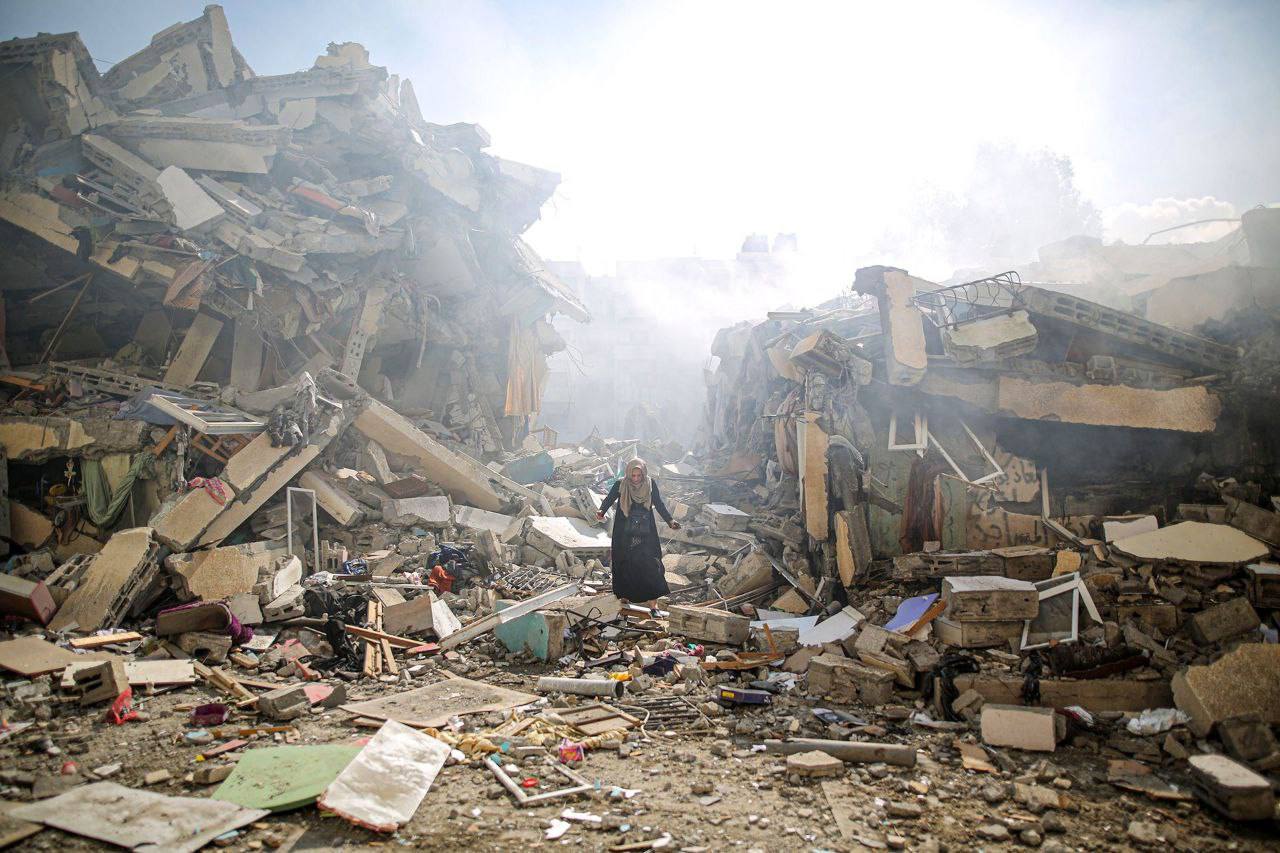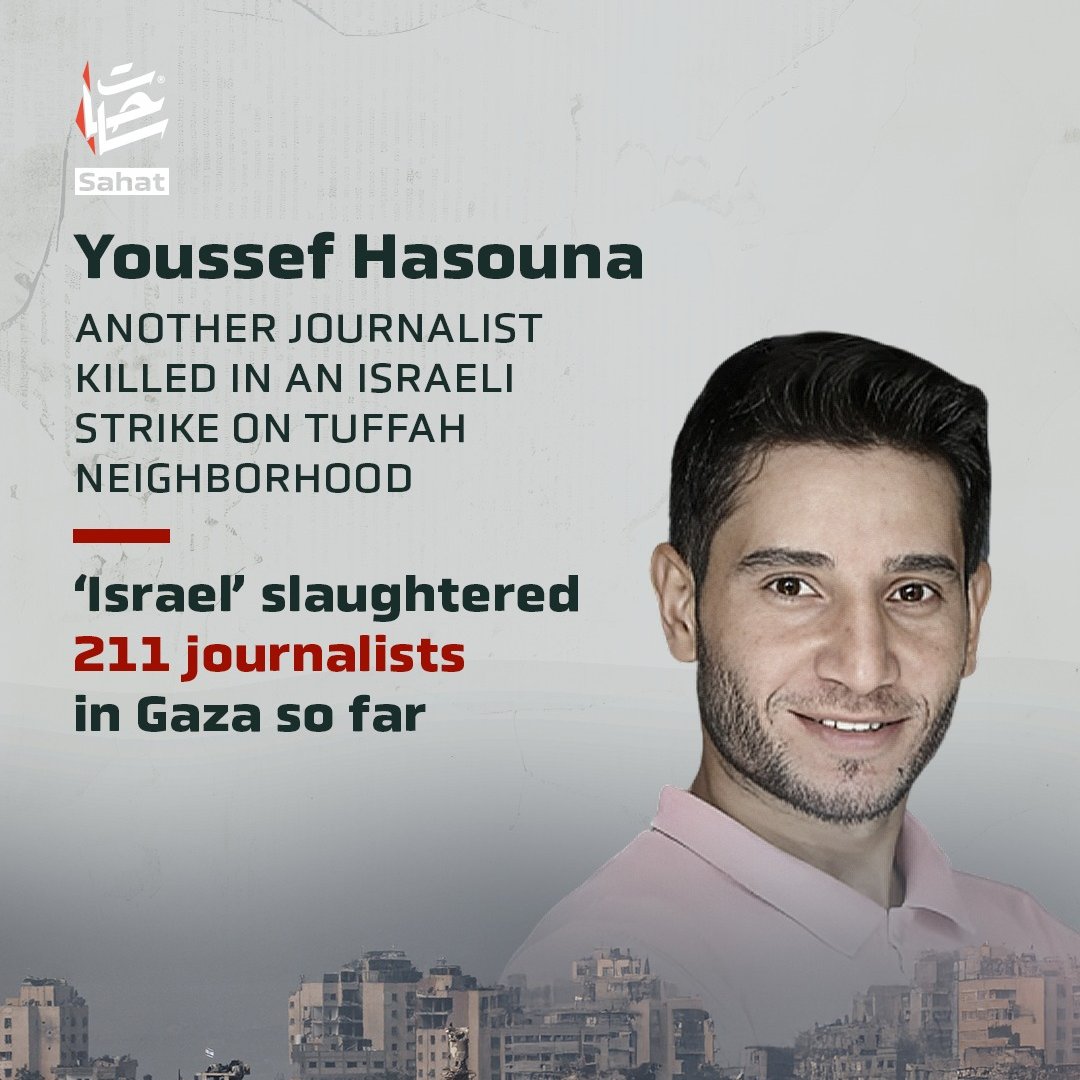
By Sama Abu Sharar
Editor’s note: This article was written before the second wave of explosions that hit Lebanon last Wednesday, also killing a number of Lebanese civilians and wounding hundreds.
BEIRUT – Beautiful Lebanon woke up sad this morning following the massive Israeli cyberattack that hit the whole country last Tuesday afternoon. The streets are gloomy and traffic is less heavy than it usually is on a busy weekday, as people are still in utter shock, trying to process the events of 17 September.
All public and private schools and universities are closed today and a general strike was called by the General Workers Union in memory of the victims who were killed and the thousands who were injured.
‘Shock and Astonishment’
Joanna Nasserdine, the Beirut correspondent for the Jordanian Roya TV who covered the events of Tuesday, told the Palestine Chronicle that she was as puzzled as the rest of the population when news of the attack started coming in as there were numerous questions and unclarity.
“Today, I can say that I am in a state of shock and astonishment over what happened yesterday because it is a crime that was committed against Lebanon, which did not differentiate between a civilian or a child or a military man, it is a disaster for the whole country,” Nasreddine said.
She told the Palestine Chronicle that what touched her most as a Lebanese citizen and as a reporter were the horrific scenes in front of the different hospitals in the capital Beirut.
“The scenes of victims, injured, with blood everywhere was a stark reminder of the explosion of the Beirut port in 2020, along with all the feelings of fear, anxiety, and panic that reigned yesterday,” the Lebanese reporter added.
According to Nasreddine, the criminal Israeli cyberattack is unprecedented in the long Arab-Israeli conflict and is extremely dangerous since it was able, in one minute, to harm at least 4,000 people, 300 of whom are in critical condition, and kill at least 12, including two children.
“How can an entity be so criminal to attempt to take the lives of thousands in one minute,” she questioned, expressing the fear of all Lebanese of what is to come next, given how vulnerable the country is at the moment.
Indeed this is what people feel: Vulnerable and exposed.
One of the incidents that took place in Tuesday’s attack involved a young man who was passing by a building in Mrijeh, in the southern district of Beirut.
The young man was seen by the neighbors bleeding. They all thought that he had been shot by stray bullets in the air so they grabbed him and tried to hide in one of the buildings.
When it was clear there was no shooting in the area, they asked the man if it was his phone or the battery trying to pinpoint the source of bleeding, until the man realized that the pager on his waist had exploded, according to a friend who preferred not to be named.
“People were everywhere, their clothes stained with blood, the smell of blood reminded me of what happened after the Beirut port explosion, I could not bear it, I left in a hurry,” a businessman, who preferred not to be named, told the Palestine Chronicle, recounting his experience while passing by one of the hospitals yesterday.
Following the ‘pagers’ attack, messages heavily circulated on WhatsApp groups requesting from people in their homes to disconnect their wi-fi from their home inverters since many of the inverters work on lithium, which apparently detonated the pagers in the cyberattack.
The majority of people in Lebanon depend on inverters for electricity, which feed on generators or the solar system due to electricity shortages or lack of electricity altogether. A state of panic reigned amongst the majority of Lebanese in fear that the inverters might be hit as well.
An expert on technology told Sawt el Chaab (La Voix du Peuple), a local radio station, in answer to people’s fears regarding their inverters and mobile phones, that “batteries in mobile phones have higher protection,” admitting nonetheless that the gap between Lebanon and Israel is immense in regard to technology.
‘A Child Just Died’
The scene by the American University Hospital (AUH) and other hospitals in Lebanon was indeed a stark reminder of the Beirut port explosion in 2020. Hospitals were flooded with the injured and relatives and friends outside of the medical facilities were packed trying to get any news about their loved ones.
A day after the Israeli attack, people still gathered around hospitals, waiting for any piece of news on their loved ones. The only topic of conversation is the attack of yesterday and the state of the patients inside. The streets by the hospitals are dotted with doctors and nurses running in and out of the hospital.
“A child just died,” one man said while on the phone coming out of AUH.
A group of young men in front of the hospital were discussing the insanity of these devices being detonated all at the same time.
I approached two women sitting on a bench by the AUH and asked them if they were waiting for someone.
“My nephew is inside,” she said. “How is he?”, I asked. “He’s ok, thank God,” she answered, “God will avenge us,” she added.
At the nearby Clémenceau Medical Center (CMC), and Makassed General Hospital further away, although less crowded, the scene is similar to military presence around the medical facilities.
“The situation is bad, the hospital is full, they are even opening the outpatient departments due to the flooding of patients, it’s very bad,” a registered nurse at one of Beirut’s hospitals who spoke to the Palestine Chronicle on condition of anonymity.
She explained that most injuries are in the fingers, face and hip.
“It depends where the pager was, most people held the pager when it beeped to check if there was a message and it exploded in their hand so some endured injuries in the face and in the fingers. Others the pager was on their waist,” the registered nurse added.
The Palestinian hospitals, especially in the south of Lebanon, namely Al Hamshari Hospital in Saida, received numerous injury cases due to the over-flooding of the Lebanese hospitals.
Also, Palestinian hospitals throughout Lebanon mobilized their staff and volunteers throughout the country to receive the wounded and “provide (the victims) with all support and assistance,” according to the Palestinian Ambassador to Lebanon, Ashraf Dabour.
The Palestinian Liberation Organization (PLO), along with all Palestinian groups in Lebanon, condemned the criminal attack and expressed their utmost “support and solidarity with the Lebanese people in the face of the Zionist attack.”
Lebanese political analyst Hussein Ayoub and editor in chief of the Arabic website ‘180 Post, told the Palestine Chronicle that Tuesday’s events are unprecedented due to the unconventional method that was used and the extremely high number of casualties, which he says is expected to rise.
“It was a sudden and unexpected terrorist attack and a huge security breach,” he said, adding that he’s been asking himself since the attack yesterday what if this attack happened during the war and why didn’t the Israelis leave it till the war breaks.
According to Ayoub, the answer to this question could surface in the coming hours, because had Israel done this during a war the consequences would have been unimaginable.
The political analyst admitted that “at one point in a battle you have to admit that your enemy did hit you but that this strike does not determine the outcome of the battle.”
Ayoub says that Hezbollah must reconsider all its approaches, military formations and the subject of communications during the war.
“I believe that the matter requires a different kind of discussion, first, regarding seizing the national unity in the country, since everyone is in solidarity right now regardless of whether they are with the Resistance or not,” he stressed.
“Secondly, in light of the Israeli superiority in war of technology, Hezbollah must return to the traditional and primitive means of previous guerrilla work,” the political analyst added.
Ayoub believes that this is extremely necessary because we must understand that “the world’s capabilities are mobilized in service of Israel, including weapons, technology and AI, and all these are not in our service, on the contrary, they are fighting us.”
This article is reproduced from the Palestine Chronicle.











